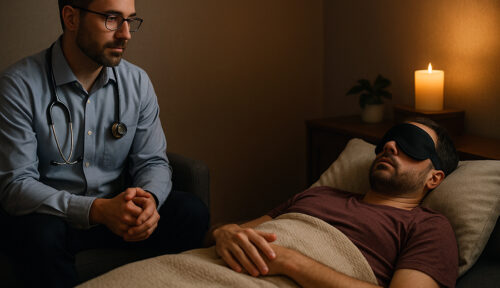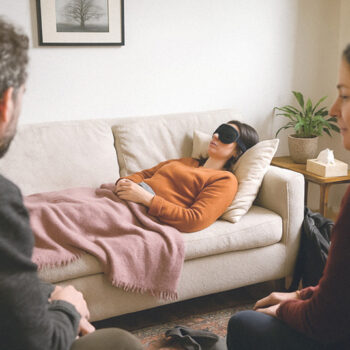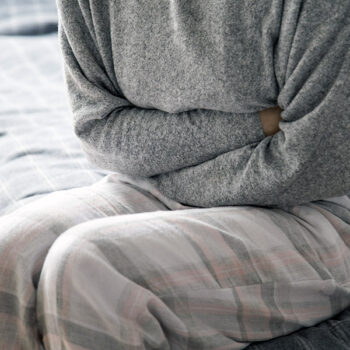News: New Zealand at the Psilocybin Crossroads

A Game-Changing Decision
On June 18, 2025 — with little fanfare — New Zealand quietly marked a historic milestone in mental health treatment: Dr Cameron Lacey became the first psychiatrist in the country authorised to prescribe psilocybin. A word once synonymous with magic mushrooms, flower power, and rave culture is now entering some of the strictest medical protocols.
For patients suffering from treatment-resistant depression, this authorisation represents a new source of hope. Yet access to this potentially life-changing compound is immediately obstructed by severe legal and financial barriers.
What New Zealand Law Says
Under the Misuse of Drugs Act 1975, psilocybin is clearly listed as a Class A substance, alongside methamphetamine and heroin.
This means that any possession, cultivation, sale, or use outside of a strictly medical context remains illegal and punishable. Sentences range from up to six months’ imprisonment for simple possession, to life imprisonment for trafficking.
To allow for medical use without rewriting the law, health authorities rely on a second legal basis: the Medicines Act, through which Medsafe can issue one-off authorisations to qualified professionals — provided they comply with strict follow-up and reporting obligations. In this context, Dr Cameron Lacey was granted a special exemption to use magic mushrooms — a decision that could prove historic.
A Very Limited Authorisation
A Single Authorised Doctor
The authorisation granted to Dr Lacey applies only to a very narrow therapeutic use: prescribing psilocybin to adult patients suffering from depression resistant to at least two conventional treatments.
A Strict Protocol
This exceptional authorisation includes a defined protocol:
- Several sessions of psychotherapeutic preparation;
- One eight-hour session under medical supervision;
- Follow-up integration sessions.
No other mental health conditions (such as anxiety, PTSD, or alcoholism) are included. No general practitioners, psychologists, or naturopaths are currently allowed to take part. Personal possession of psilocybin mushrooms remains a criminal offence.
A Two-Tiered Treatment System
An Elite Treatment?
One of the most striking paradoxes of this breakthrough is its exclusivity: psilocybin is now permitted — but remains financially out of reach for most.
In Australia and the United States, comparable treatments cost between €5,000 and €20,000, a figure Dr Lacey hopes to reduce, though he has provided no guarantees.
In the absence of public or private coverage, access depends entirely on a patient’s purchasing power. This economic barrier effectively excludes the most vulnerable populations — including Māori communities, who are already disproportionately affected by treatment-resistant depression. The risk is clear: the creation of a two-tiered healthcare system, where only the privileged can access cutting-edge care.
By contrast, the most affordable psilocybin retreats in the Netherlands cost around €1,800 — but they are considered non-therapeutic.
Enjoy a 100% legal psilocybin experience in the Netherlands
Preparation and retreat in English
Enjoy a legal & intense experience in the Netherlands
A psychedelic retreat designed for best results. Small group, one-to-one preparation, experimented facilitators, 1 year monthly integration & awesome place !
Join us

Why This Shift Now?
Several factors explain this regulatory opening. International studies (notably published in The Lancet and Nature) have shown that psilocybin can lead to remission in up to 67% of patients with treatment-resistant depression.
Australia has paved the way since 2023, followed by Canada and several US states. New Zealand — typically cautious but pragmatic — is beginning to align. Dr Lacey and several local advocacy groups have been pushing for such an alternative for four years.
Still, this remains a small-scale pilot. It will likely take years to assess results and consider wider implementation.
What Remains Strictly Prohibited
Despite this targeted step forward, psilocybin remains illegal for the general public:
- Personal possession — even for self-diagnosed therapeutic use — is a crime;
- Growing mushrooms containing psilocybin is prohibited;
- Selling, sharing, or DIY production may lead to criminal prosecution;
- Other medical uses (beyond treatment-resistant depression) are not recognised.
A Decision Balancing Caution and Contradiction
New Zealand is testing a minimalist form of legalisation, both pioneering and restrictive. It acknowledges the medical value of a once-demonised substance, yet restricts access to a small elite.
Rather than overhaul legislation, the country has chosen to carve out a narrow corridor to trial a new mental health treatment. This cautious move reflects a delicate balance between medical innovation and legal conservatism.
But the real challenge lies ahead: making this therapy accessible, equitable, and sustainable — without repeating the social divides seen in other areas of mental healthcare. Because in the end, a molecule saves no one if it remains locked behind the doors of a private clinic.
Written by Arnaud Beauregard,
Founder of Tangerine Retreat in 2022, I have followed several paths: initially trained as an engineer and then as an entrepreneur, I later pursued training in hypnotherapy to better understand the inner workings of the human mind. I discovered psychedelics at the age of 55. My encounter with altered states of consciousness proved to be a profound revelation which, over time, became a genuine passion.
Last updated on 27 June 2025





